Register for free and continue reading
Join our growing army of changemakers and get unlimited access to our premium content

We summarise the key facts and stats from the new surveys
The first of the surveys was carried out by national standards body BSI, polling some 1,000 decision-makers and senior sustainability professionals across all major sectors. The organisation asked respondents where there business is at on its net-zero journey in terms of target setting, investment and delivering emissions reductions. It also requested information about future plans and key challenges to meeting them.
BSI’s director-general for standards Scott Steedman said the findings evidence a “growing, wide-spread commitment from business leaders to achieve net-zero by 2050… despite the pressures posed by the [Covid-19] pandemic”.
But despite this heightening of ambition and acceleration of action, respondents still have major concerns around skills, technologies, definitions, costs and the long-term impacts of the pandemic. Moreover, levels of progress and planning varied widely between sectors and business sizes, with SMEs falling behind their larger counterparts.
The BSI findings chime with another major cross-sector survey of 1,021 UK-based SMEs, carried out by YouGov on behalf of World Kinect Energy Services. This survey revealed that most SMEs do not feel ready to deliver net-zero, due to challenges like a lack of in-house expertise and the costs associated with carbon accounting and new technologies.
World Kinect Energy Services’ senior director of global sustainability Therese Gjerde sympathised with the SMEs over these challenges, but warned that inaction could not only jeopardise the UK’s low-carbon transition, but bear fines or increased costs for businesses in the future.
She said: “The 2050 deadline for net-zero is a lot closer than people think and it can take time to develop a realistic, achievable strategy and even longer to implement it. Organisations must act now and start their sustainability journey by developing a long-term emissions reduction strategy that will benefit their impact on the environment.”
Below, edie summarises the key facts and stats from both surveys.
Findings from the BSI’s Net-Zero Barometer:
Findings from World Kinect Energy Services’ SME survey:
Sarah George
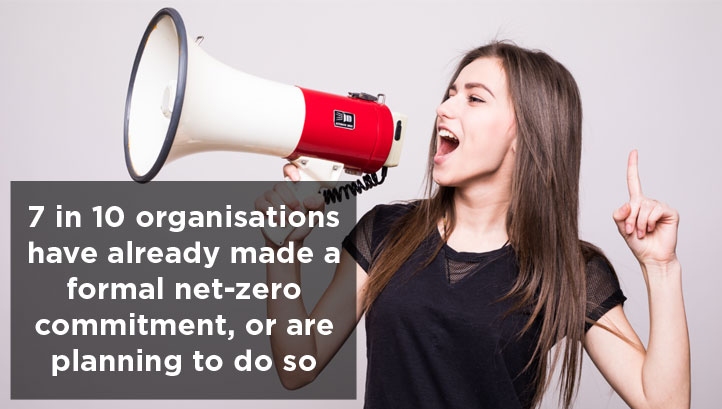
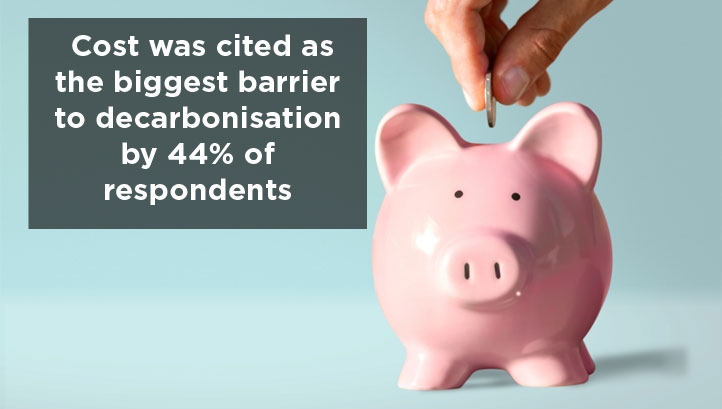
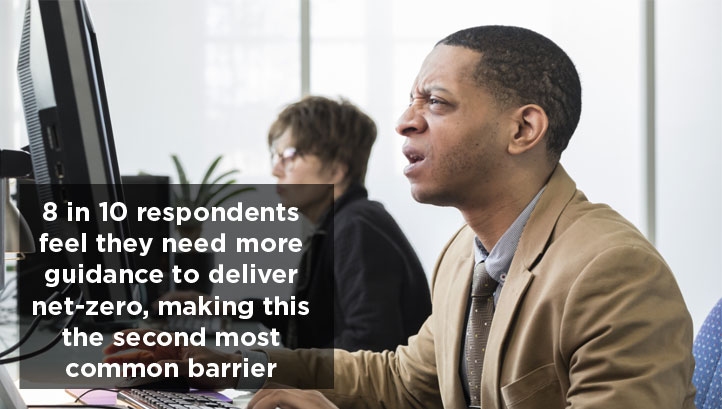
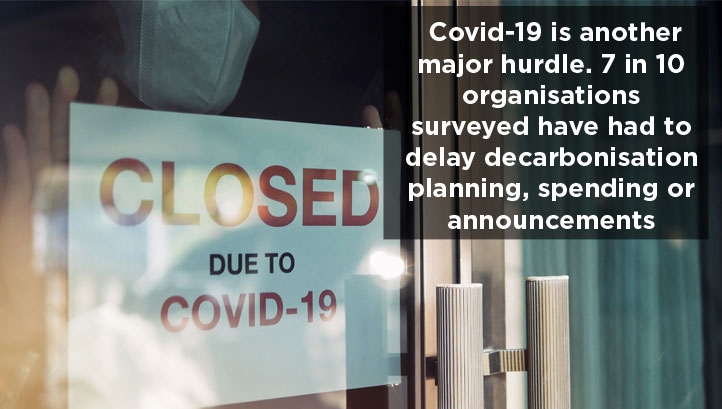
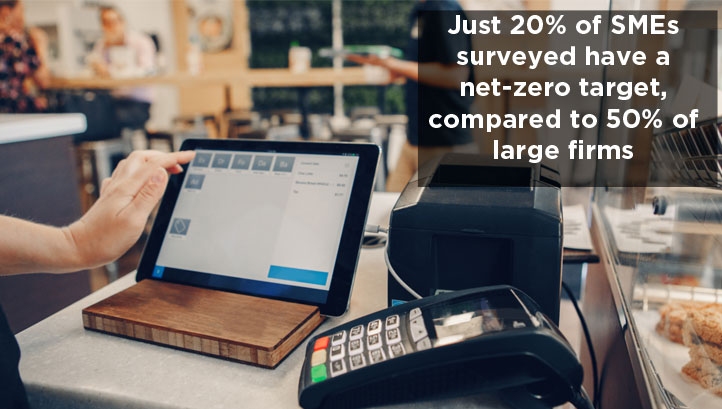

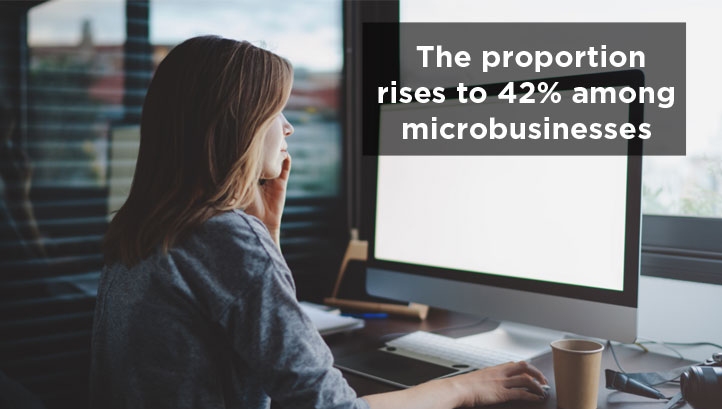
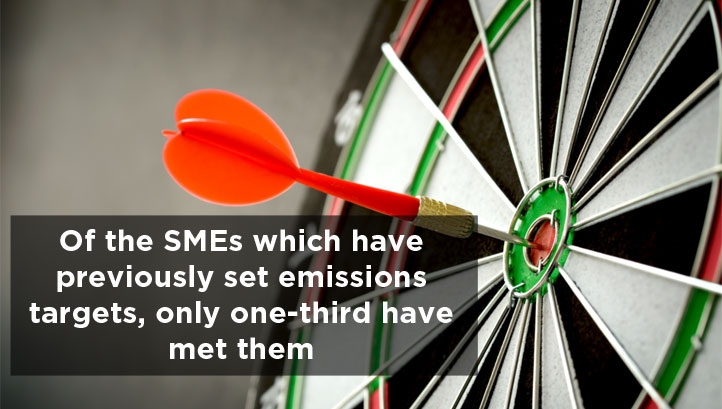
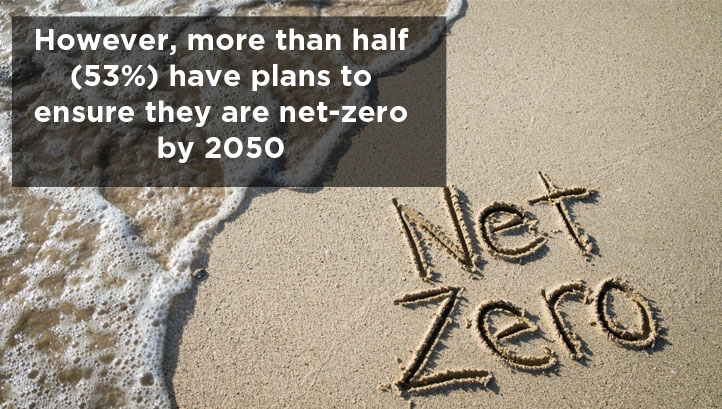
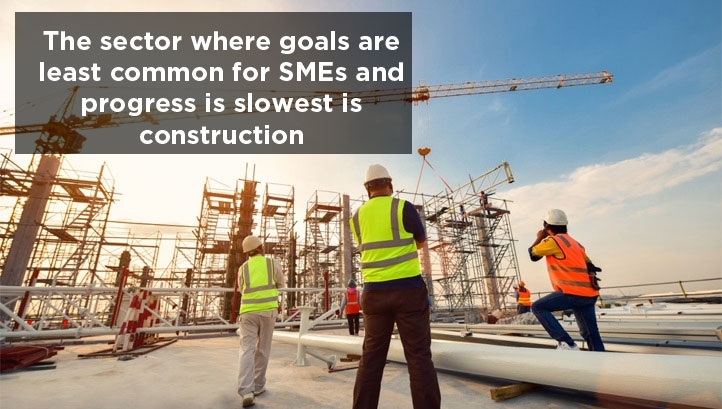
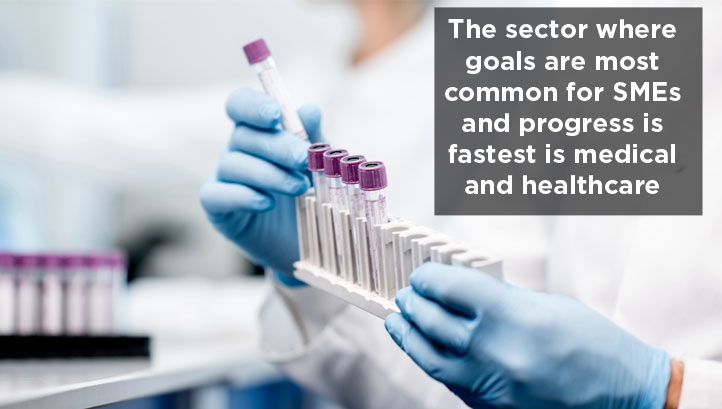
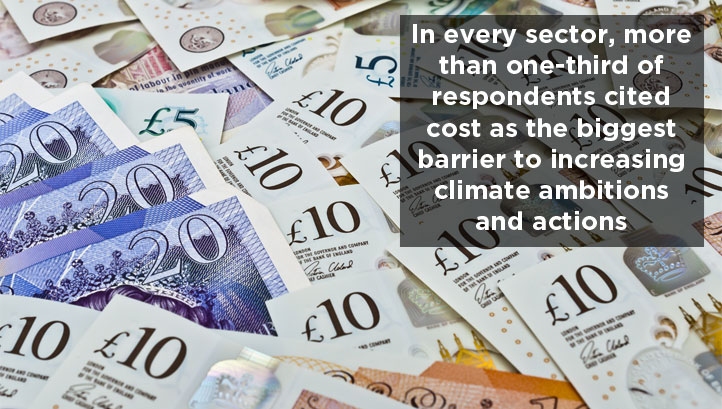


Please login or Register to leave a comment.